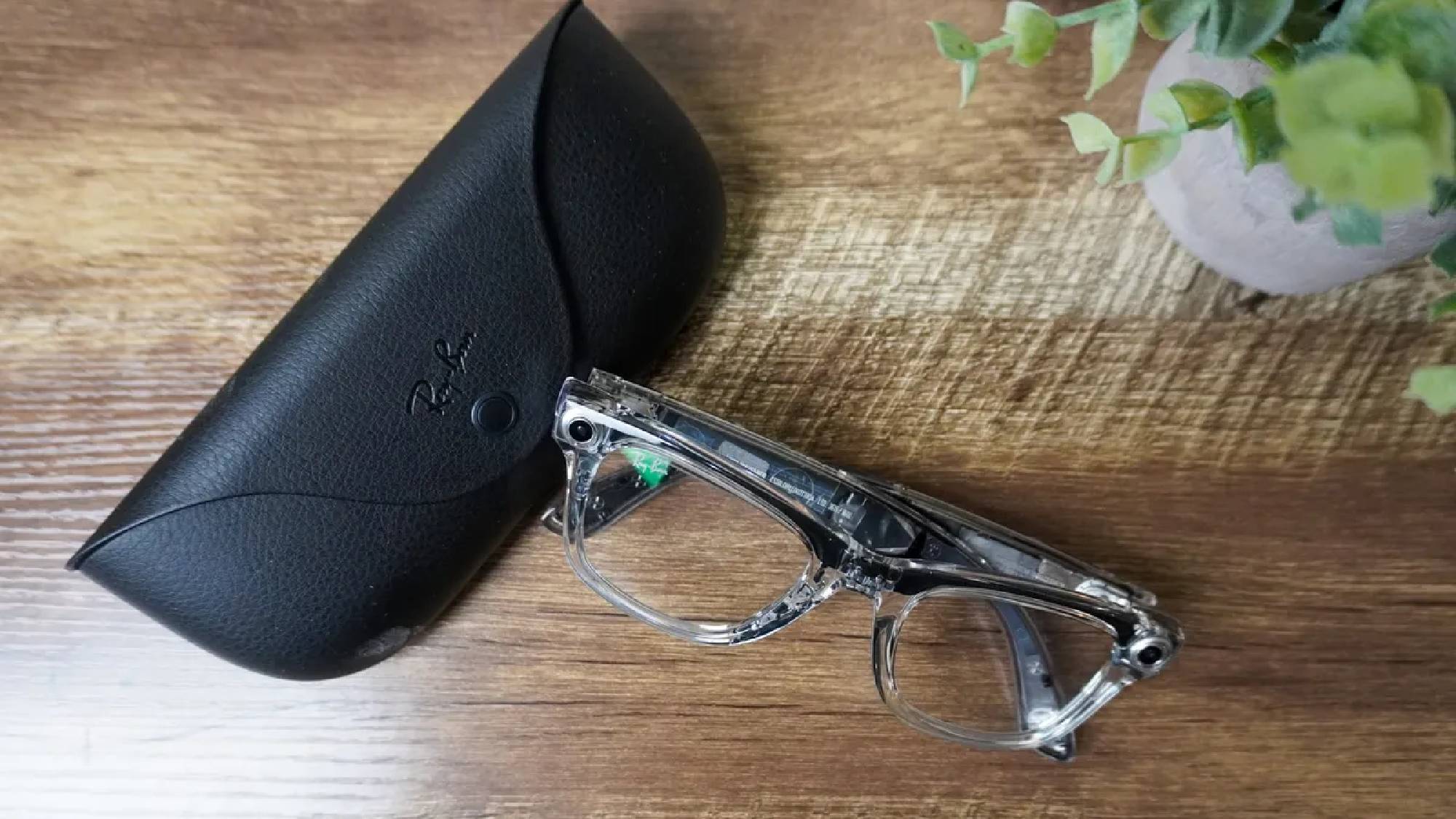
How to solve today's Wordle. Looking for Monday’s Wordle hints, clues and answer? You can find them here: The three-day weekend is over, but it’s not the only extra days off we’re getting in November. Thanksgiving is just around the corner, about two weeks out and change.
I’ve always thought Thanksgiving was the best holiday in a lot of ways. You get all the family and feasting without the pressure of gifts or decoration—though people often bust out Christmas decorations over the long Thanksgiving weekend. There’s also something nice about a holiday that’s designed to remind us to be thankful for things, whatever those things are in our lives.
But we’re not there yet, and we have a Wordle to solve! How To Solve Today’s Wordle The Hint: Something done with a coop. The Clue: This Wordle is a past participle. Okay, spoilers below! .
. . The Answer: Today's Wordle Wordle Analysis Every day I check Wordle Bot to help analyze my guessing game.
You can check your Wordles with Wordle Bot right here . Yikes, this was a hard one! I didn’t even start out badly. LOSER left me with two yellow boxes and just 51 remaining words.
I wanted to juggle those letters around and BLOAT turned the L and O into green, but left me with no new letters. FLOCK slashed the remaining solutions down to just three, but FLOOD was the wrong guess. All I could think of at this point was FLOWN and thankfully, it was the Wordle! Competitive Wordle Score I get -1 for guessing in five, but fortunately the Wordle Bot also took five tries today so I don’t lose a point there! Huzzah! How To Play Competitive Wordle Today’s Wordle Etymology The word "flown" is the past participle of "fly," which comes from the Old English verb flēogan , meaning "to fly, take flight, move through the air.
" This, in turn, has roots in Proto-Germanic fleuganą , meaning "to fly" or "to float through the air." Related words are found in Old Norse ( fljúga ), Old Saxon ( fliohan ), and Gothic ( us-flaugjan ). The ending "-n" in "flown" is a result of the strong verb inflection patterns in Old English, where many verbs formed their past participle with an "-n" suffix, especially in the case of verbs with vowel changes like "fly" (compare "blown" from "blow" or "grown" from "grow").
Let me know how you fared with your Wordle today on Twitter , Instagram or Facebook . Also be sure to subscribe to my YouTube channel and follow me here on this blog where I write about games, TV shows and movies when I’m not writing puzzle guides. Sign up for my newsletter for more reviews and commentary on entertainment and culture.
.














